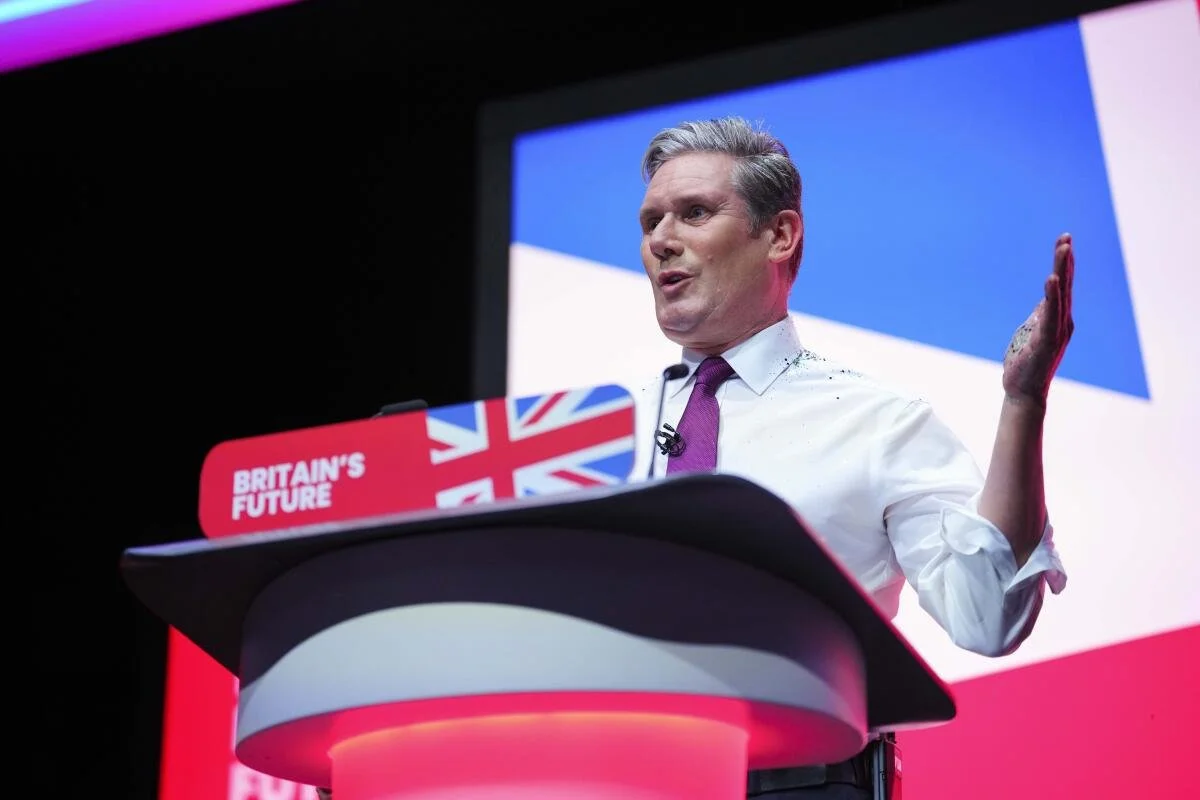
Talk
In Conversation With…
Sir Bill Browder
By Ben Moore-Bridger, Lexington Head of News
In June, leaders of the G7 nations met to secure an historic deal aimed at significantly degrading Vladimir Putin’s war machine.
Of telling significance was an agreement to use profits from frozen Russian assets to service a $50 billion loan to help Ukraine in its fight against Russia.
Sanctions have so far deprived Russia of around $400 billion of assets and revenues since February 2022, with more than 2,000 individuals and entities targetted by the UK alone.
And underpinning the global crackdown on Putin’s illegality is the famed Magnitsky Act, which has been the template for Western sanctions in response to Russia's invasion of Ukraine.
The act was passed into law thanks to the tireless campaigning of investor, bestselling author, prominent Kremlin critic – and now Knight of the Realm – Sir Bill Browder following the murder in Russian custody of his lawyer Sergei Magnitsky in 2009 after the pair uncovered widespread financial corruption and abuse of power within the Russian state.
We at Lexington are honoured to work with Sir Bill on his Global Magnitsky Justice Campaign, which supports political prisoners including the late Alexei Navalny and Vladimir Kara-Murza.
As details of the historic agreement were thrashed out in Italy, Lexington’s Head of News Ben Moore-Bridger sat down with Sir Bill to understand more about his campaigning and political engagement, question effectiveness of the West’s response to Putin, and discuss how storytelling and communications plays a vital role in his shining a light on injustice and criminality around the world.
Here are five key insights:
'Prison yard' bully
Putin is a 'prison yard' bully, who took on the oligarchs by making an example of the biggest and most powerful – Mikhail Khodorkovsky – forcing all others to get in line by effectively giving him a huge cut of their wealth. Putin's military interventions are designed to distract and frustrate internal unrest at the state of the country in a bit to ensure he clings on to power. He has no succession plan and is paranoid about suffering the same fate as Muammar Gaddafi or Nicolae Ceausescu.
Nuclear bluster
Putin is not as strong as he would like people to think: his nuclear threats are bluster as he knows that if did launch a tactical nuclear strike, allies, led by US, would destroy all military facilities and Black Sea fleet, and launch massive cyber attack to cripple every aspect of Russia’s infrastructure.
India and China would distance themselves from Russia, and so Putin would be isolated, with half a million war dead, running out of money, and with massive, crippling problems likely to provoke huge domestic unrest.
The future is bleak
Russia is basically a no-go zone for right-thinking people. Either you become corrupted – and rewarded handsomely – if you stay; or you end up arrested and or killed, like Alexei Navalny or Vladimir Kara-Murza.
Corruption is endemic. Russia is effectively a failed state. The only real hope is for a social uprising.
Human stories trump statistics
Getting a story out can be hard – even one as dramatic, incredible and horrific as that of Sergei Magnitsky’s detention and subsequent murder. But, like with all good communications, telling the human story is key in effecting change: focussing on people is what brings complicated ideas and confusing concepts to life. This is what Sir Bill did while testifying in front of the US Helsinki Commission investigating human rights abuses in 2009.
The appearance was crucial in helping to convince Congress to pass into law the Magnitsky Act – a “one in a million” shot - which has now been adopted by 35 countries around the world including the UK, Canada, Australia, and the EU.
Regrets
Browder - who has faced death threats and bogus criminal charges in Russia - regrets "ever going" to the country because of the pain and suffering Putin's pursuit of him has caused friends and colleagues, not least Boris Nemtsov, a prominent Russian opposition politician killed outside the Kremlin in 2015, Alexei Navalny, who died this year in a penal colony after being jailed over fabricated fraud charges, and Vladimir Kara-Murza, who has faced two assassination attempts and is currently serving 25 years in prison for speaking out against Putin’s illegal invasion of Ukraine.
Sir Bill said: "I don't regret fighting for justice, but the one thing I do regret is ever going to Russia in the first place.
"Not for me - my life is good, it's fine - but for others who have been targeted and hurt as a result.
"A lot of pain and suffering could have been avoided."










